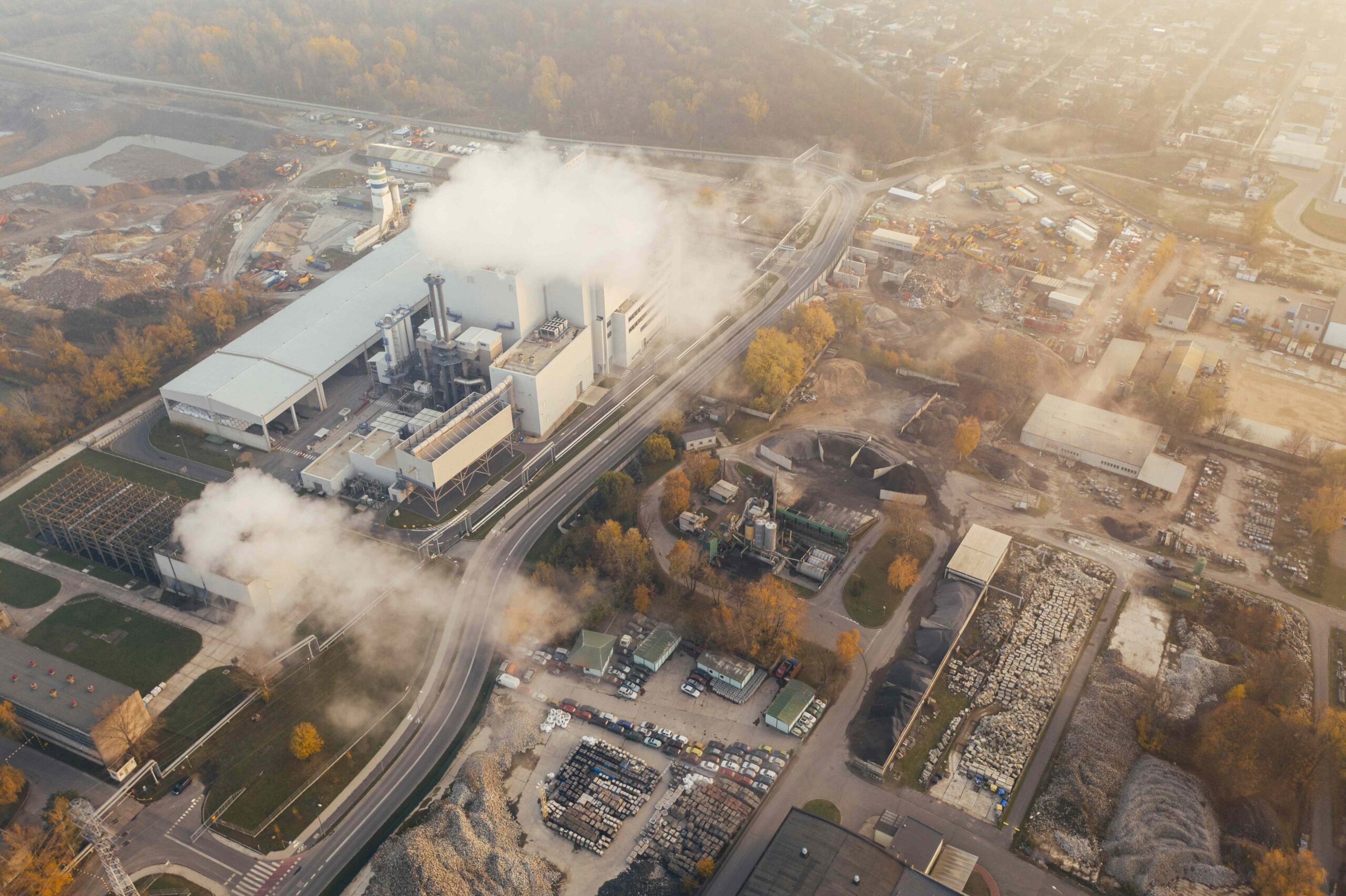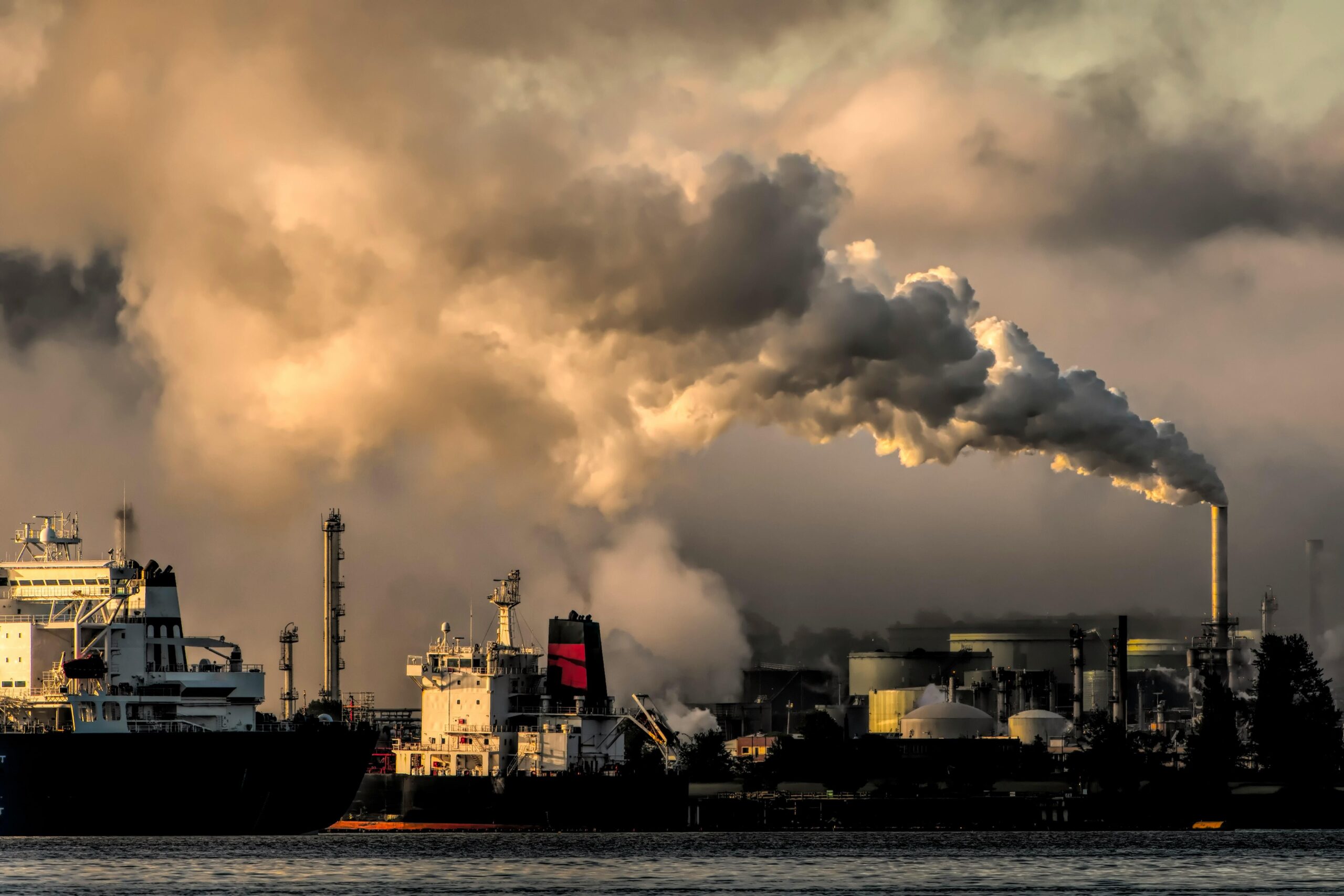Marine Emission Control Areas (ECAs) and Their Impact on Bunker Fuel
With growing global concern over environmental issues, the maritime industry faces increasing pressure to address its contributions to air pollution and greenhouse gas emissions. A key regulatory response has been the establishment of Marine Emission Control Areas (ECAs). These zones impose stricter controls
Impact of Climate Change Policies on Bunker Fuel Industry
In recent years, global efforts to combat climate change have intensified, leading to significant regulatory changes and policy shifts across industries reliant on fossil fuels. The bunker fuel industry, crucial for powering maritime transportation, faces distinct challenges and opportunities as governments worldwide implement
Navigating Bunker Fuel Fraud: Strategies to Detect and Prevent Fraudulent Practices
Bunker fuel, indispensable for powering maritime vessels globally, is vulnerable to fraudulent activities that threaten operational integrity and financial stability. As the maritime industry manages intricate supply chains, understanding bunker fuel fraud and implementing robust mitigation techniques is crucial to safeguarding against illicit
The Role of Charterers in Bunker Fuel Procurement
In the intricate tapestry of global maritime commerce, charterers occupy a pivotal position not merely as facilitators of cargo transport but as crucial orchestrators in the realm of bunker fuel procurement. Bunker fuel, the lifeblood that powers vessels across oceans, stands as a
The Impact of Geopolitical Events on Bunker Fuel
Geopolitical events exert significant influence over global energy markets, and bunker fuel, essential for maritime transport, is profoundly affected by these dynamics. Here’s an exploration of how these events shape the bunker fuel landscape: In conclusion, understanding the impact of geopolitical events on
Navigating the Legal and Regulatory Frameworks Governing Bunker Fuel
Introduction: Bunker fuel is a cornerstone of the global shipping industry, crucial for powering vessels across oceans. However, its use is tightly governed by comprehensive legal frameworks aimed at ensuring safety, protecting the environment, and enhancing operational efficiency in maritime transport. International Maritime
Case Studies of Major Bunker Fuel Spills: Lessons Learned for Environmental Protection
Bunker fuel spills represent significant environmental incidents with far-reaching consequences for marine ecosystems, coastal communities, and economies. These spills often result from accidents during fuel transfer operations, collisions, or grounding incidents involving vessels carrying large quantities of bunker fuel. Here, we examine notable
Impact of COVID-19 on the Bunker Fuel Market: A Transformative Period for Maritime Energy
The onset of the COVID-19 pandemic in early 2020 brought unprecedented disruptions to global economies, industries, and supply chains, with the maritime sector and bunker fuel market experiencing significant impacts. As countries implemented lockdowns, travel restrictions, and reduced industrial activities to curb the
The Role of Bunker Fuel in Global Trade
Bunker fuel is a fundamental element that drives the global shipping industry, providing the energy necessary to propel vessels that transport the majority of the world’s goods across oceans and seas. This essential fuel type plays a pivotal role in enabling efficient and
Navigating Legal Waters: Understanding the Complexities of Bunkering Regulations
Introduction: Bunkering, the process of supplying fuel to ships, is a vital aspect of maritime operations. However, it is subject to a complex web of legal regulations and international conventions designed to ensure safety, environmental protection, and fair competition. Understanding the legal aspects










